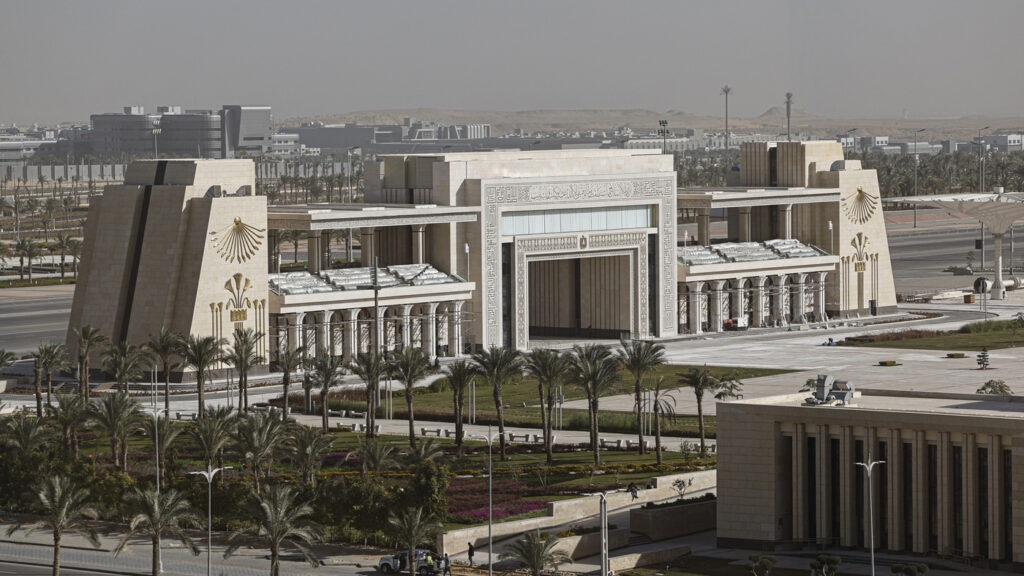Egypt’s Economic Crisis and the New Administrative Capital Megaproject: An Ambitious Vision Amid Turbulence
Egypt, with its storied history and cultural heritage, now finds itself grappling with one of its most severe economic crises in decades. As the nation faces rising inflation, a depreciating currency, and mounting debt, the International Monetary Fund (IMF) is stepping in to negotiate a multi-billion dollar loan to stabilize the situation. But even with international assistance, concerns loom over whether Egypt’s economy is too big to fail.
The New Administrative Capital: A Symbol of Ambition
One of the most striking symbols of Egypt’s current economic strategy is the New Administrative Capital (NAC) megaproject. Located 45 kilometers east of Cairo, this ambitious initiative aims to alleviate the congestion in the capital city and provide a modern, sustainable urban environment. The project is a cornerstone of President Abdel Fattah el-Sisi’s vision to revitalize Egypt’s economy and infrastructure.
Initiated in 2015, the NAC spans approximately 700 square kilometers and is designed to house government ministries, foreign embassies, and a population of around 6.5 million people. With state-of-the-art facilities, green spaces, and advanced technologies, the capital is intended to be both a functional hub and a beacon of progress.
Economic Pressures and Global Implications
Despite these grand plans, Egypt’s economic hardships have intensified. The COVID-19 pandemic severely impacted tourism—a critical revenue source—and disrupted supply chains. Additionally, the global economic slowdown has led to a decline in foreign investment and remittances from Egyptians working abroad.
A depreciating Egyptian pound has fueled inflation, putting pressure on everyday citizens and businesses alike. Existing foreign debts, amounting to billions of dollars, further strain the national budget. The IMF’s involvement is pivotal, offering hope through structured financial support and policy guidance. However, the sustainability of such external aid remains a pressing question.
Broader Regional Impact
Egypt’s economic stability is crucial not only for its 104 million residents but also for the broader Middle East. As the largest Arab nation by population and a key player in regional politics, Egypt’s prosperity—or lack thereof—has significant implications. Instability could lead to increased migration, heighten security concerns, and strain neighboring countries already facing their challenges.
The Path Forward
The New Administrative Capital stands as a testament to Egypt’s potential for growth and modernization. Yet, without addressing the underlying economic vulnerabilities, such grand projects may not suffice to secure a stable future. As negotiations with the IMF continue, Egyptian leadership must balance immediate financial relief with long-term sustainable reforms.
For more insight into the situation in Egypt and its regional implications, consider exploring related discussions on global supply chain disruptions and geopolitical tensions in the Red Sea. Additionally, reflective questions on Egypt’s stance concerning Gaza’s refugees underscore the interconnected nature of regional stability.
As Egypt navigates these turbulent times, the world watches closely, hopeful for a resolution that ensures stability and growth for this pivotal nation.
For more information on the New Administrative Capital, visit the official New Administrative Capital website.
